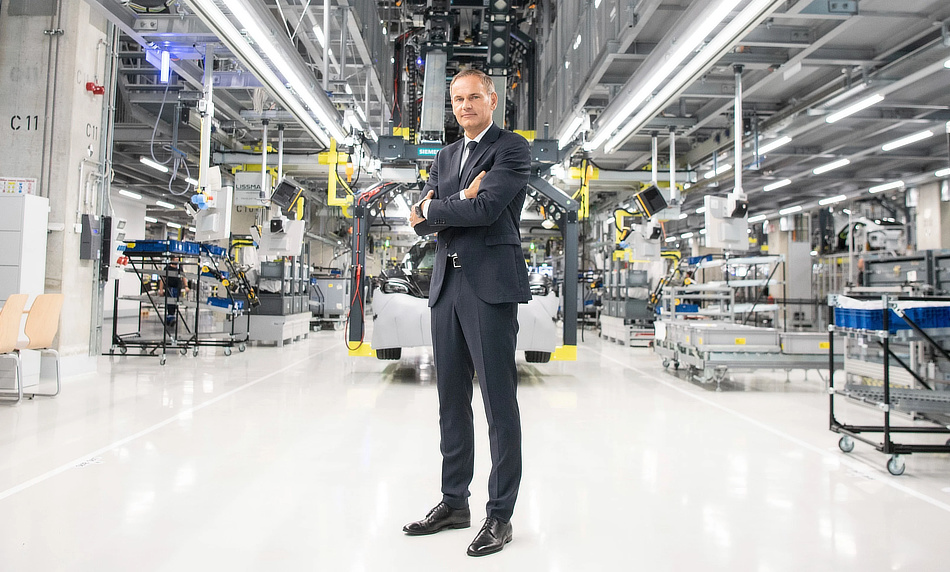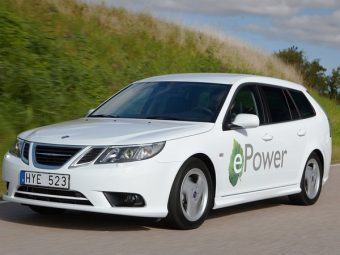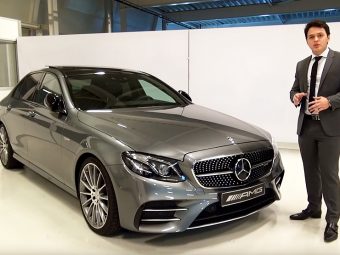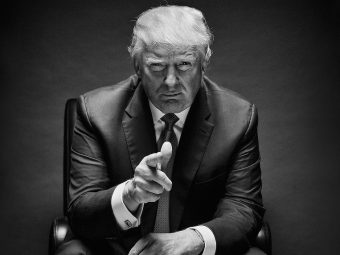Porsche’s decision to prepare former McLaren executive Michael Leiters as its prospective new CEO marks more than a change in leadership. It reflects a deeper challenge facing Germany’s once-dominant automotive industry as it confronts a rapidly shifting global economy, technological realignment, and declining competitiveness in key markets such as China.
For a decade, Oliver Blume has led Porsche through both expansion and turbulence, while also holding the demanding dual role of CEO at its parent company, Volkswagen. That structure, criticised by many investors as unsustainable, has coincided with a period of declining performance across both brands. Porsche confirmed on Friday that its supervisory board has authorised negotiations with Blume regarding his departure and will begin formal discussions with Leiters to assume leadership.
Leiters’ potential appointment comes at a critical juncture. Global trade tensions, tariff pressures, and faltering Chinese demand have exposed the vulnerabilities of Europe’s luxury automakers. Porsche, once a symbol of German engineering prowess, now faces a difficult balancing act: it must sustain profitability while navigating a costly strategic reversal from electric vehicles back toward its traditional combustion-engine lineup.
Only three years ago, Porsche reached a market capitalisation of €83 billion ($97 billion)—a peak that made it Europe’s most valuable carmaker and the second-highest valuation in German corporate history. Today, its fortunes have changed sharply: profits have narrowed, the share price has fallen by more than half, and the company was recently removed from the DAX index. Volkswagen’s own shares have dropped more than a third in the same period.
Faltering Chinese Demand
Institutional investors have welcomed the end of Blume’s dual mandate. As Hendrik Schmidt of DWS, a major Porsche shareholder, observed, “It shows that repeated criticism has finally been heard.” Yet Schmidt also emphasised that the challenges ahead are structural, not merely managerial: Porsche must “deliver on the e-mobility track” and restore momentum in China, where its sales have declined by over a quarter this year.
The appointment of Leiters, an engineer by training with a strong record at Ferrari, Porsche, and most recently McLaren, may signal an intent to re-anchor the brand in its core competencies of sports car and SUV design. Analysts note that his technical expertise aligns with Porsche’s traditional strengths, but also that he inherits a company whose strategic direction remains uncertain amid broader industrial headwinds.
Indeed, the difficulties at Porsche mirror those of Germany’s wider automotive sector—once the cornerstone of the country’s export-led growth model. Rising energy costs, regulatory uncertainty, and the global pivot toward electric and connected vehicles have eroded the foundations of Germany’s industrial competitiveness. Nowhere is this clearer than in China, where local manufacturers such as BYD and Geely have overtaken long-dominant Western brands through rapid innovation and digital integration.
Restoring Sales Momentum
For Porsche, the reversal is striking. China, once its growth engine, now accounts for only 15% of total sales, down from nearly a third just three years ago. Consumers there are increasingly favouring high-tech domestic alternatives over traditional European luxury models. Volkswagen, too, has been eclipsed by Chinese competitors, losing its position as the country’s top automaker to BYD in 2024.
The deeper lesson of Porsche’s leadership transition is that industrial legacy alone is no longer sufficient. Germany’s auto sector—long admired for its precision, quality, and engineering excellence—must adapt to a new economic paradigm that rewards software integration, energy efficiency, and strategic agility. Appointing a capable new CEO may help Porsche regain focus, but it will take more than executive reshuffling to secure its place in the next era of global mobility.







